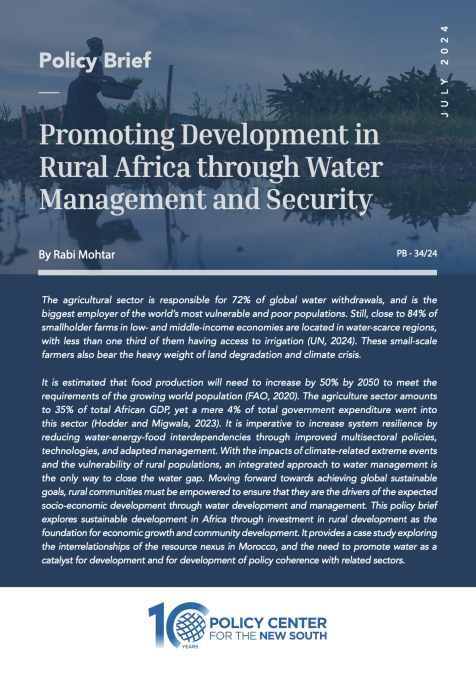Retrouvez les analyses de nos expert-e-s au sujet de l'impact de la crise Covid 19 en une série de 5 entretiens sur: Les marchés des matières premières Les marchés des minerais et des métaux L'agriculture et la sécurité l’alimentaire Les marchés du pétrole et du gaz La finance des matières premières
Speakers

Philippe Chalmin
Fondateur, CyclOpe
Philippe CHALMIN est Professeur émérite d’histoire économique à l'Université Paris-Dauphine et Directeur du Master 212 « Affaires Internationales.
Il est Fondateur et Président depuis 1985 de Cyclope, la principale structure de recherche et d'études en France sur les marchés internationaux, Chroniqueur économique sur BFM et BFM TV au Figaro, au Monde, Président de l’Observatoire de la Formation des prix et des Marges Alimentaires auprès du Ministre de l’Agriculture et du Ministre de l’Economie et des Finances, Auteur ou Directeur d'une quarantaine de livres et de très nombreux articles scientifiques, Consultant auprès de la Banque Mondiale et de l'Union Européenne et Conférencier.
Il a été de 1998 au 2000 Président de la Société d'Economie Politique dont il est aujourd’ ...









